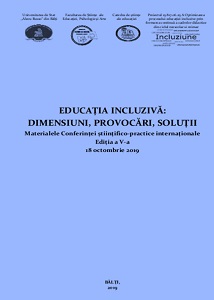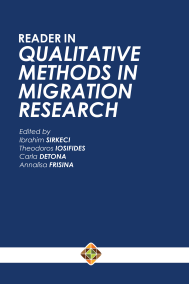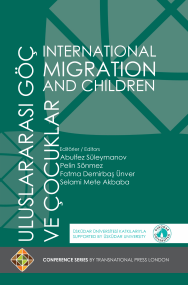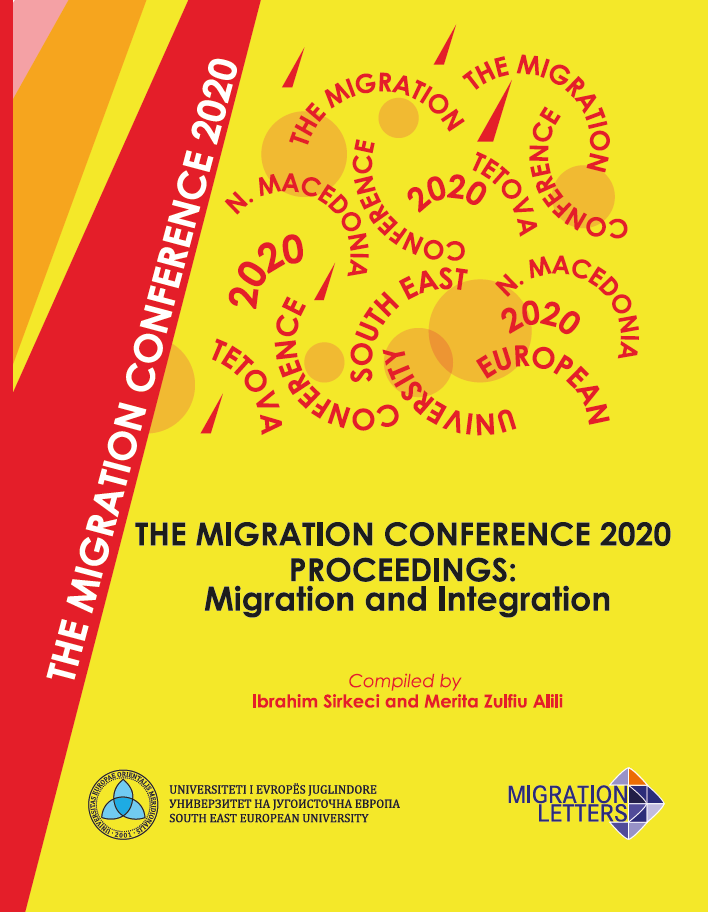Author(s): Choujun Zhan,Chi Kong Tse,Yuxia Fu,Zhikang Lai,Haijun Zhang / Language(s): English
Publication Year: 0
The Novel Coronavirus Disease 2019 (COVID-19) began to spread since December 2019 from Wuhan, a centrally located city in China with a population of 11 million, to almost all provinces throughout China and 213 other countries. On February 19, 2020 (when this work was completed), a total of 74,579 cases of COVID-19 infection were confirmed in China, and the death toll reached 2,119. Moreover, as human-to-human transmission had been found to occur in some early Wuhan cases in mid-December (Li et al., 2020), the high volume and frequency of movement of people from Wuhan to other cities and between cities was an obvious cause for the wide and rapid spread of the disease throughout the country. Prior study also suggested strong correlation between the spreading of infectious diseases with intercity travel (Colizza et al., 2006). The Susceptible-Exposed-Infected-Removed (SEIR) model has traditionally been used to study epidemic spreading with various forms of networks of transmission which define the contact topology (Diekmann, Heesterbeek & Britton, 2013), such as scalefree networks (Pastor et al., 2001; Boguna et al., 2003; Small & Tse, 2006), small-world networks (Small & Tse, 2005), Oregon graph (Wang et al., 2003; Chakrabarti et al., 2008), and adaptive networks (Gross, D’Lima & Blasius, 2006). Moreover, in most studies, the contact process assumed that the contagion expanded at a certain rate from an infected individual to his/her neighbour, and that the spreading process took place in a single population (network).
More...





